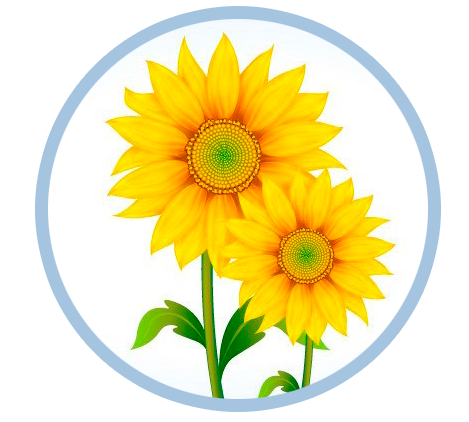Sleep - Foundations Follow Up Answers
A few key learnings from the sleep class people have told me they are introducing into their lives:
Routine matters!
Working on moving bedtime earlier starts with getting out of bed earlier in the morning.
Sleep medications interfere with quality sleep (though sometimes they are necessary temporarily).
After the sleep class a few questions came in both from live attendees and from those who watched the recording later. My thoughts are below.
1. Are electric blankets a good idea to sleep under? Even if they are turned off?
There were studies done many years ago possibly linking electric blankets to greater incidence of cancer, breast and brain cancer in particular. There has been little recent follow-up on that. Generally, it is healthy for our bodies to cool physiologically at night. Allowing the natural temperature fluctuations of the body in the night is appropriate with a cool room and warm blankets as we talked about in the class. Having a hot water bottle for cold toes or as part of a castor oil pack treatment is acceptable, and should not interfere with quality and quantity sleep.
2. Please discuss herbs that support sleep, especially those that grow in this area.
There are many lovely herbs that can safely support sleep, and that grow in the Willamette Valley. In fact, some grow so well that you want to be careful where you plant them or you may never get rid of them! Many are available in tea and tincture forms over the counter at your local grocery or herbal store, and we do stock many of them in our clinic.
Some of my favorites:
Passiflora (Passion flower) - promotes melatonin production, relaxing to the nervous system and the busy brain
Melissa officinalis (Lemon balm) - will grow like a weed! Looks like mint but has a lemony odor when the leaf is crushed, it is soothing and sedative, used for insomnia and a nervous stomach
Valerian root - it is a stronger sedative and used for insomnia and anxiety, it binds GABA receptors in the brain which is our most calming neurotransmitter
Hops - used for muscular irritability and twitching, and as a sedative
Oats - used to sooth nervous exhaustion, and for nervous system irritation from exhaustion or stress
There are a couple books on my shelf that are available to buy where books are sold (check out The Book Nook in Canby, OR, our local independent book store) or check you local library, that have information about common uses and doses of various forms for herbs. I use these all the time in my clinic to help me formulate herbal combinations for various conditions, and are a great place to start learning about how to use plants as medicine.
Herbal Medicine From the Heart of the Earth. Dr. Sharol Marie Tilgner, Second Edition. Wise Acres Publishing. 2009.
The Book of Herbal Wisdom, Using Plants as Medicines. Matthew Wood. Publishers Group West. 1997.
Thanks for listening to the sleep class. Here’s to many restful nights!


